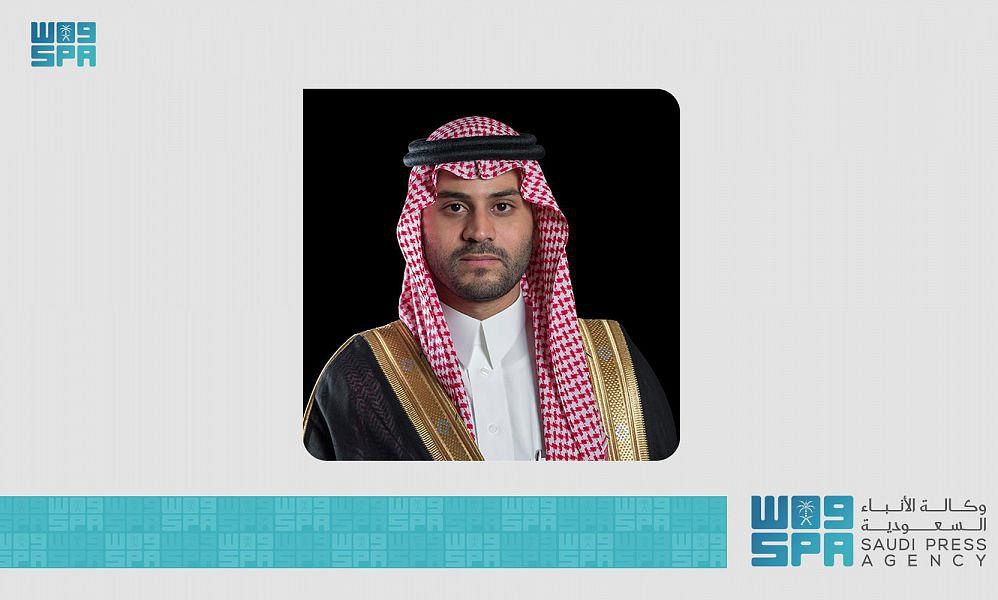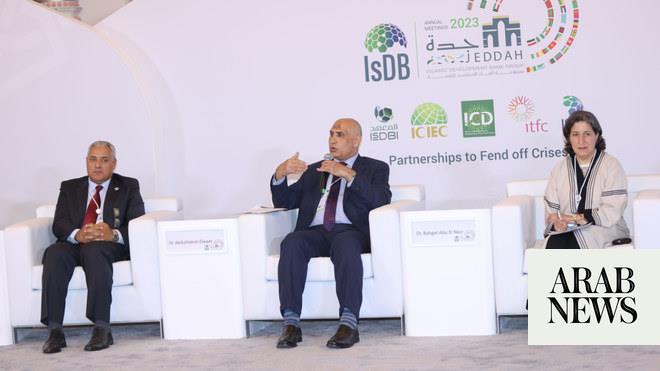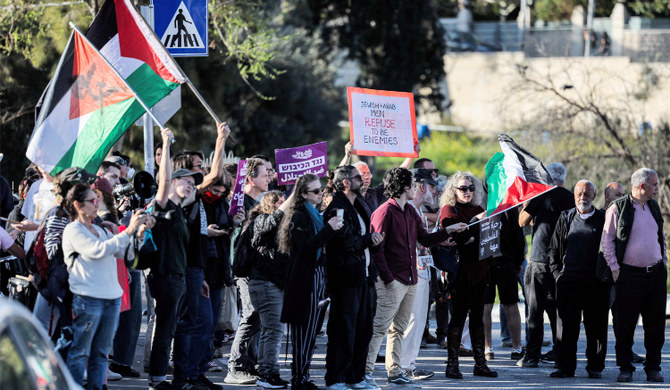
All of us, in all parts of the world, want better lives. We hope that our children and grandchildren will have a bright future ahead of them, that they are prosperous and safe, with plenty of food, clean water and other resources that provide comfort. While there are many paths that can improve a single life, improving the lives of entire cultures requires building a strong societal foundation. Education and research at universities provide such a foundation and are key elements that contribute to the high quality of life currently enjoyed in many parts of the world.
How does this work? In the United States, there have been many studies that have demonstrated how education opens paths to higher-paying and more satisfying jobs. The states with the highest wages are those that have the most-educated workforce. America’s great universities successfully facilitate the transmission of knowledge that informs and trains young people to analyze and adapt to complex situations and to solve difficult problems.
America’s research universities also excel at the creation of new knowledge, which both inspires our curiosity and has practical value. University-made advances in fundamental physical, chemical and biological sciences have led to discoveries that include the computer, radar, global positioning systems, antibiotics, and treatments for numerous diseases. As discoveries transition out of universities and into the marketplace, they contribute to economic growth and improved lives.
It is time to extend and amplify the profound respect for education that pervaded the Arab golden age to do good in the Middle East and across the world.
Maria T. Zuber
The Arab world made important contributions to the early foundation of human knowledge. The preponderance of these occurred during a “golden age” from the 8th through 13th centuries, when science and humanistic culture thrived, while during much of this time the Western world was racked by barbarism and intellectual deprivation. During this era, the Arabs founded what is now the world’s oldest degree-granting university, the University of Al-Quaraouiyine. Arab contributions to science, mathematics and culture range from our system of numbers and the mapping and naming of stars, to advances in metallurgy and medicine, to extraordinary works of art and architecture. Humanity owes the Arab world a debt of gratitude for these and other contributions during their golden age.
The desire for an improved quality of life, in the Middle East and beyond, cries out for a re-dedication to education and research. It is time to extend and amplify the profound respect for scholarship that pervaded the golden age to do good in the region and across the world. It is time to build the foundation needed for the coming generation to thrive.
It is in the interests of the world community to work together in solving the vexing problems that challenge our collective ability to build a better life. Enhancing the educational and research missions of universities is a wise investment toward a brighter future.
This article is part of a series on the future of education, published in collaboration with Community Jameel. Maria T. Zuber is Vice President for Research and E.A. Griswold Professor of Geophysics, Massachusetts Institute of Technology, and Chair of the United States National Science Board. Twitter: @maria_zuber
Disclaimer: Views expressed by writers in this section are their own and do not necessarily reflect Arab News" point-of-view










